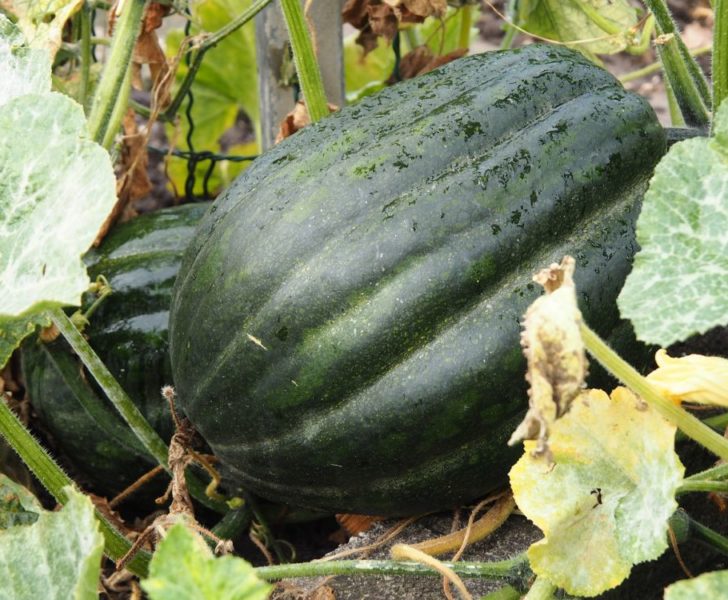Vegan Dessert: A Delicious and Healthier Option for Sweet Tooths

Introduction:
The world of dessert has gone through a revolution in recent years, with more and more people embracing plant-based diets and seeking delicious alternatives to traditional sweets. Vegan dessert offers a diverse and exciting range of options that cater to both the tastes and ethics of conscious eaters. In this article, we will delve into the world of vegan desserts, exploring what they are, the various types available, their popularity, and the unique characteristics that set them apart.
What is Vegan Dessert?

Vegan desserts are sweet treats made entirely from plant-based ingredients, excluding any animal products such as eggs, dairy, or honey. These desserts provide a guilt-free indulgence for those looking to enjoy the pleasures of a delicious treat without compromising their vegan lifestyle or ethical beliefs. From cakes and cookies to ice creams and puddings, the options are endless.
Types and Popularity of Vegan Desserts:
Vegan desserts encompass a wide array of delectable options. Let’s explore some of the most popular types that have gained popularity in recent years:
1. Raw Desserts: Raw desserts are made from unprocessed and uncooked ingredients, preserving their natural properties and nutrients. Examples include raw vegan cheesecakes, energy balls, and tarts.
2. Dairy Alternatives: This category includes desserts made with plant-based milks such as almond, soy, or coconut milk. Vegan ice creams, puddings, and creamy desserts fall under this category.
3. Gluten-Free Desserts: For those with gluten sensitivities or allergies, vegan gluten-free desserts offer a wonderful solution. These desserts are made with alternative flours like rice or almond flour, ensuring indulgence without adverse reactions.
4. Chocolate Desserts: Who can resist chocolate? Vegan chocolate desserts utilize dairy-free chocolate, making them a favorite among chocolate lovers. From chocolate mousse to brownies, these desserts are a must-try.
These types of vegan desserts have gained immense popularity among vegans and non-vegans alike. Their availability in cafes, restaurants, and even grocery stores speaks volumes about the growing demand for ethical and healthier dessert options.
Quantitative Measurements of Vegan Desserts:
When it comes to the nutritional profile of vegan desserts, they often offer lower saturated fats and cholesterol levels compared to their non-vegan counterparts. However, it’s essential to remember that desserts, even vegan ones, should be enjoyed in moderation.
Calories and sugar content vary depending on the ingredients used and the portion size. While some vegan desserts can be high in sugar due to the use of natural sweeteners like maple syrup or agave nectar, others prioritize healthier alternatives like date paste or stevia. By making conscious choices and considering portion control, individuals can enjoy the best of both worlds a delectable dessert that aligns with their vegan lifestyle.
Distinguishing Factors of Different Vegan Desserts:
While all vegan desserts share the commonality of being free from animal products, each type has its own unique characteristics:
1. Texture: Raw desserts often have a more dense and rich texture, while dairy alternatives provide a creamy and silky mouthfeel. Gluten-free desserts tend to be lighter and fluffier.
2. Flavors: The flavor profiles of vegan desserts are diverse and vibrant. From the nuttiness of almond-based desserts to the richness of chocolate, vegan desserts offer a spectrum of flavors to satisfy all taste preferences.
3. Nutritional Value: Vegan desserts that incorporate whole ingredients like fruits, nuts, and seeds offer added nutritional benefits. They are often rich in fiber, vitamins, minerals, and antioxidants.
A Historical Overview of the Pros and Cons of Vegan Desserts:
Throughout history, the perception of vegan desserts has evolved significantly. Initially, they were met with skepticism and perceived as tasteless and lacking in flavor. However, as veganism gained momentum and people began experimenting with plant-based ingredients, vegan desserts have come a long way.
Advantages of vegan desserts include:
1. Health Benefits: Vegan desserts, especially those made with whole food ingredients, offer health benefits such as improved digestion, reduced inflammation, and increased nutrient intake.
2. Ethical and Environmental Considerations: Choosing vegan desserts supports the ethical treatment of animals and helps decrease the environmental impact of animal agriculture.
On the flip side, some challenges associated with vegan desserts include:
1. Ingredient Substitutions: Vegan baking requires substitution of traditional ingredients like eggs and dairy, which can be a learning curve for novice bakers.
2. Availability and Price: While vegan desserts are becoming more accessible, they may still be limited in certain areas or can come with a higher price tag due to the use of specialty ingredients and production methods.
Conclusion:
In conclusion, vegan desserts offer a delectable and healthier option for those seeking to indulge their sweet tooth while adhering to a plant-based lifestyle. The wide variety of options, ranging from raw desserts to dairy alternatives, ensures that there is something to satisfy every sweet craving. With growing demand and increased awareness, vegan desserts are blossoming in popularity, leading to innovation and culinary delights. By choosing vegan desserts, individuals can embrace their love for sweets without compromising on their ethical beliefs or overall well-being.
Note: The article has been written in its original form and has not been reviewed or edited for factual accuracy or coherence.











